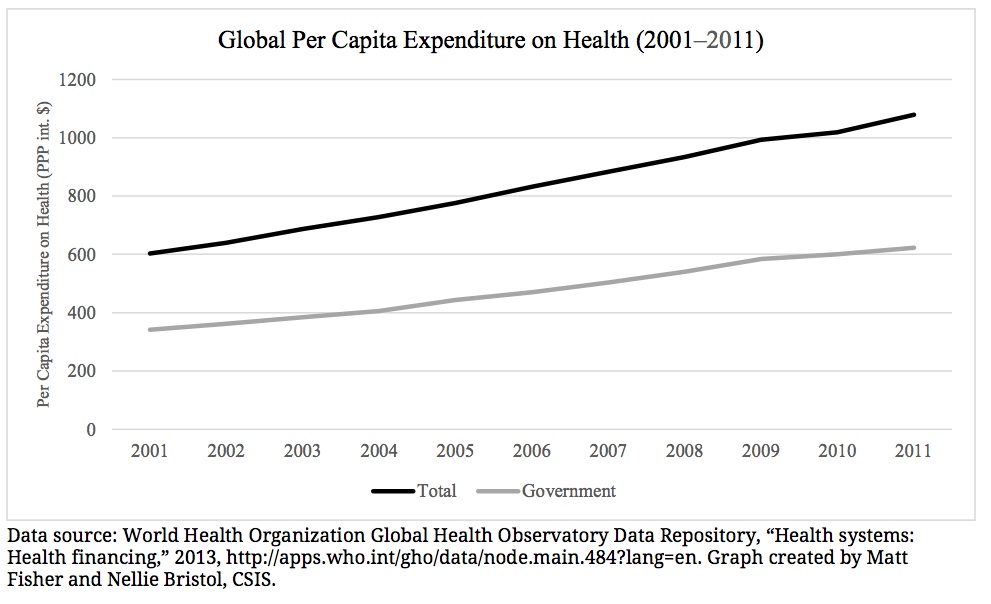Here is something interesting: Pope Fancis recently appointed the first ever Haitian Cardinal during the appointment of new Cardinals which occurred on January 12th, the fourth anniversary of the devastating earthquake in Haiti. His name is Bishop Chibly Langlois of Les Cayes, Haiti.
“The appointment this January 12, 2014 will help focus attention on Haiti, especially on our Roman Catholic Church in Haiti, where the realities, the needs and the challenges will be brought up to a much higher level,” Cardinal-designate Langlois said in statements to Alter Presse.
Some analysts suggested that the Pope’s decision to announce the cardinal appointments on the four-year anniversary of the earthquake may have been a sign of special consideration for the devastated country.
The 2010 earthquake killed more than 200,000 people in Haiti and left more than 1 million homeless. It destroyed dozens of churches, including the archdiocesan seminary. Archbishop Serge Miot of Port-au-Prince also perished in the quake.
As president of the Haitian bishops, Cardinal-designate Langlois has worked in recovery efforts. He has also led the Church’s mediation efforts in talks between Haitian President Michel Martelly, the opposition and the parliament, in order to help carve out a path towards rebuilding the country.
First, I had no idea that Haiti had never had representation in the College of Cardinals. So, this is a big deal for Haiti, and the Catholic Church in that regard alone. But, it turns out that Haiti is not alone and Pope Francis is appointing Cardinals from poor countries around the world — from Asia, Latin America, the Carribean, and Africa — bucking the historical trend of Cardinals hailing almost exclusively from Europe and North America.
Why does this matter?
Well, it’s important to reflect on this as a matter of theology, and Pope Francis’ alignment with Liberation Theology, as demonstrated in his first Apostolic Exhortation which dismisses trickle down economics and the continual growth in economic inequality. Pope Francis recently met with one of the founding Fathers of Liberation Theology, Fr. Gustavo Gutierrez, a landmark for a theology that has at times been at odds with the Vatican. Making a preferential option for the poor certainly means bringing those who have been marginalized or excluded to the decision making table.
Second, this has the potential to have significant implications for those concerned about global health equity and our ability to bring millions of more people into the fight for health as a human right. From the same article in the New Catholic Reporter, Paul Farmer links these developments to the movement towards a focus on a preferential option for the poor:
Farmer, who is Catholic and says liberation theology inspired him, said he hopes that Francis’ meeting with Gutiérrez does mean an easing in the Vatican’s stance toward liberation theology, because that would allow the theology to spread more widely.
In particular, he said, he hopes that agencies, nonprofit groups, and governments that provide assistance to the world’s most impoverished people would adopt Gutiérrez’s ideas about a “preferential option for the poor” and his work on issues of structural violence.
Those groups “need this kind of inspiration,” Farmer told NCR.
“They need to understand that it’s wrong not to use these ideas,” he said. “That if you don’t understand structural violence, for example, you’re grasping around in the dark in public health, public education [and] poverty reduction. These ideas really warrant not just rehabilitation but widespread dissemination.”
All of this is amazing to think about: we now have the President of the World Bank, The Pope, and the President of the United States all expressing serious concern with inequality and the social problems it creates. This seems like a major moment of political opportunity. Will we be able to mobilize the grassroots pressure to capture this growing political opportunity and demand that real programs, policies, and systems be put in place to protect the poor and marginalized?
